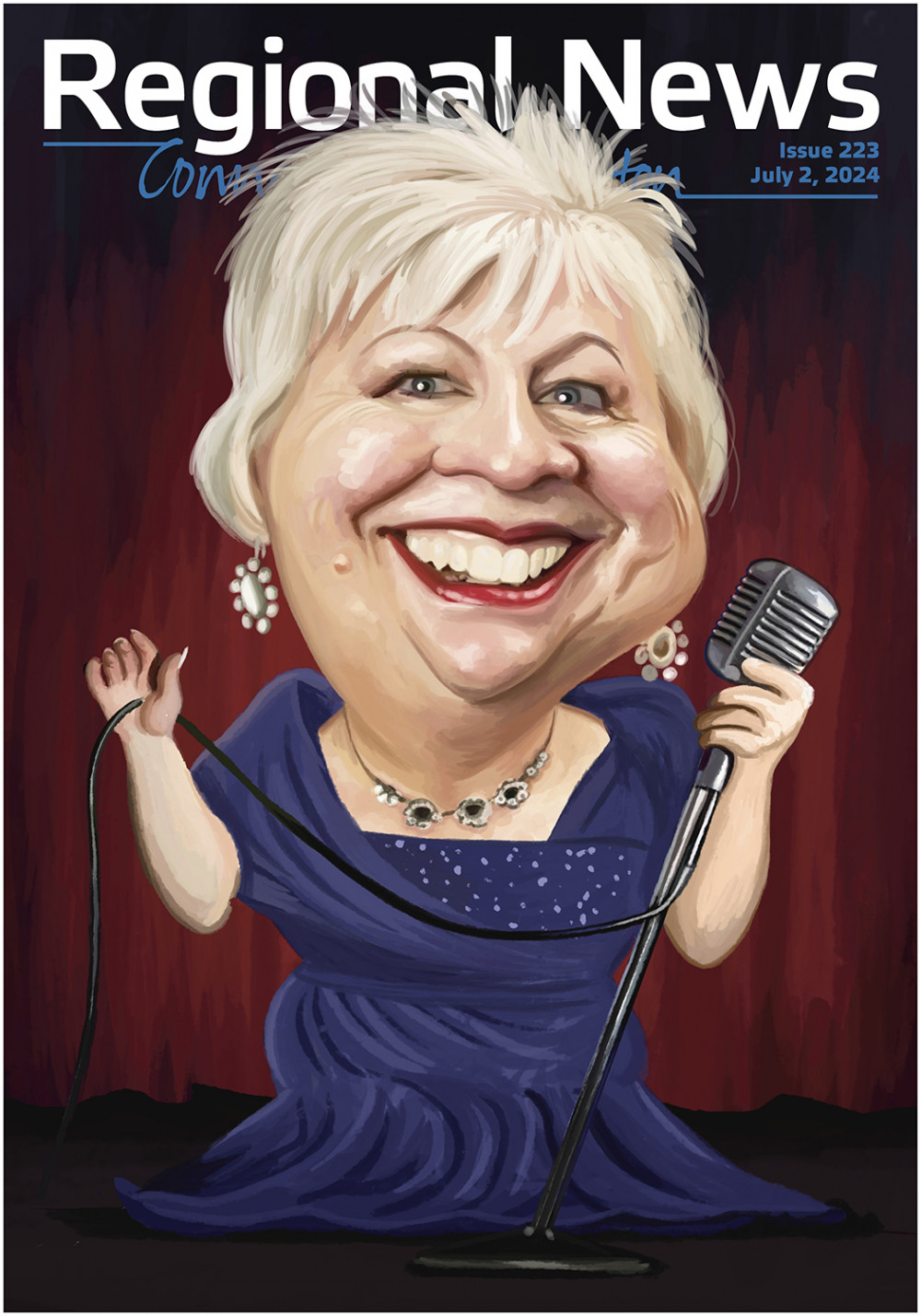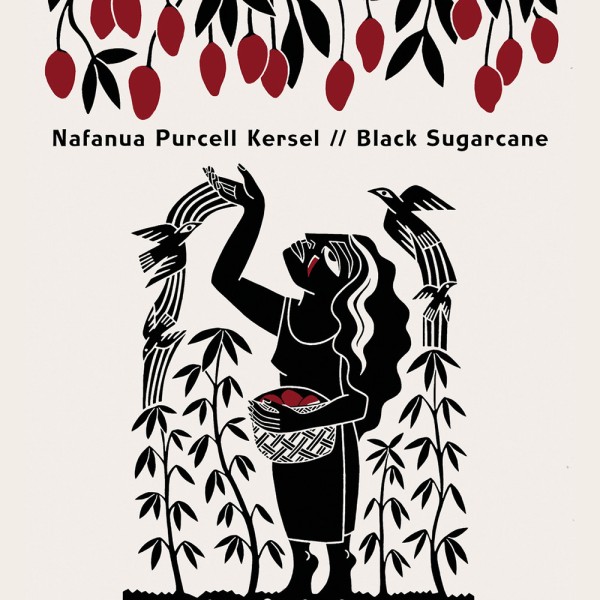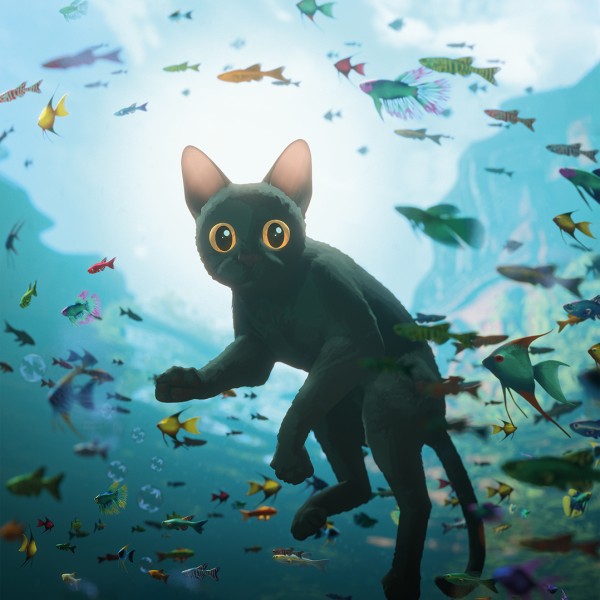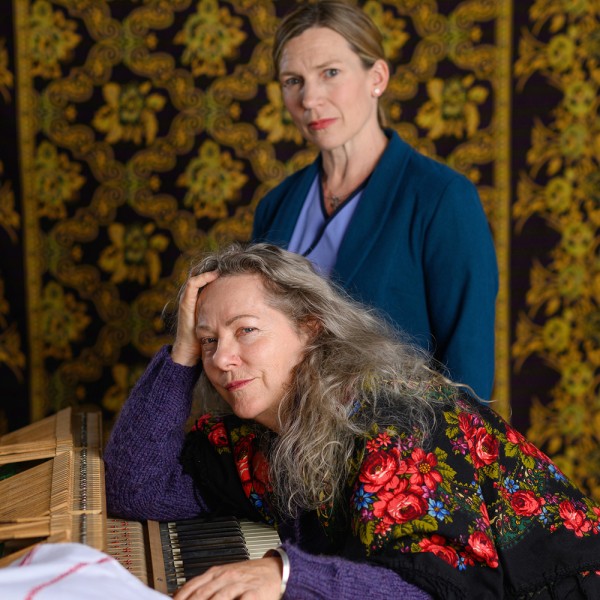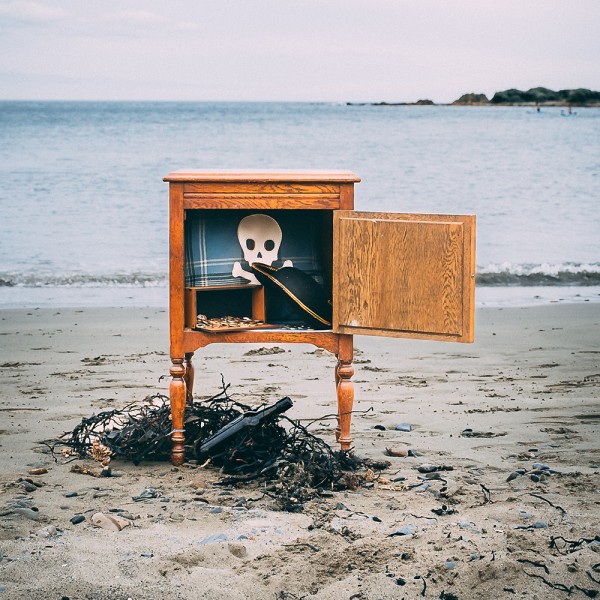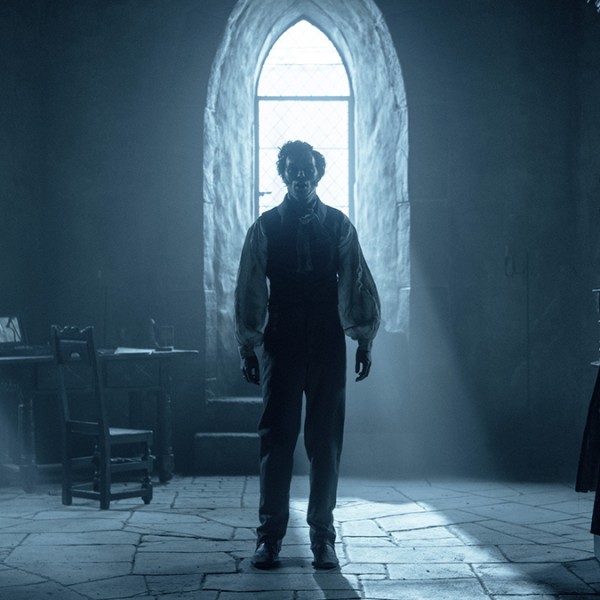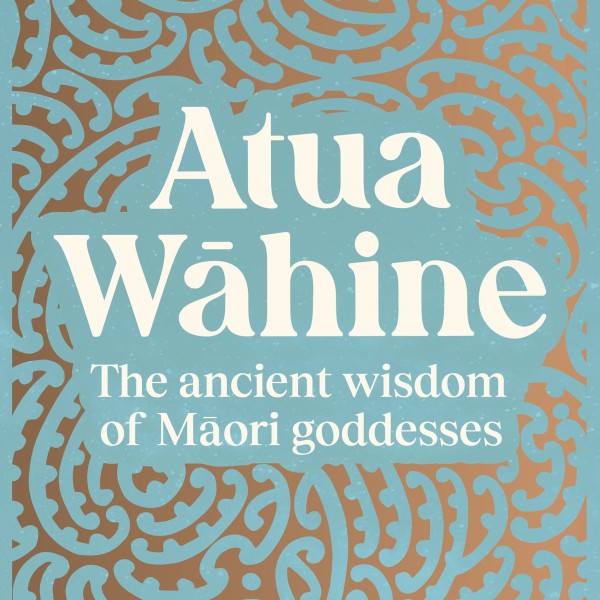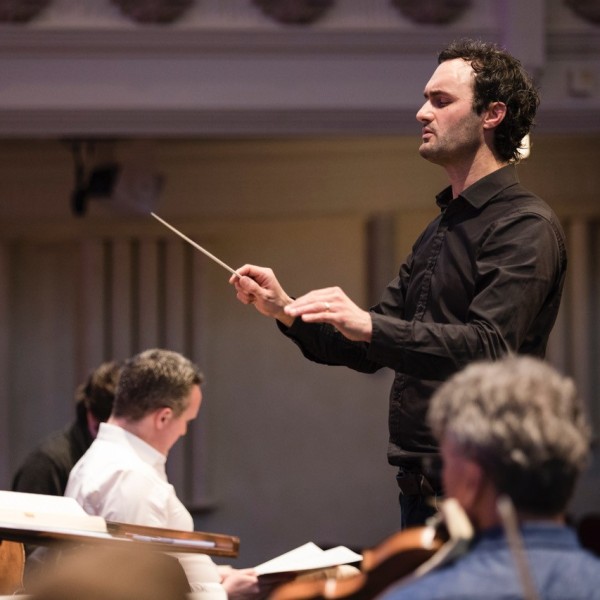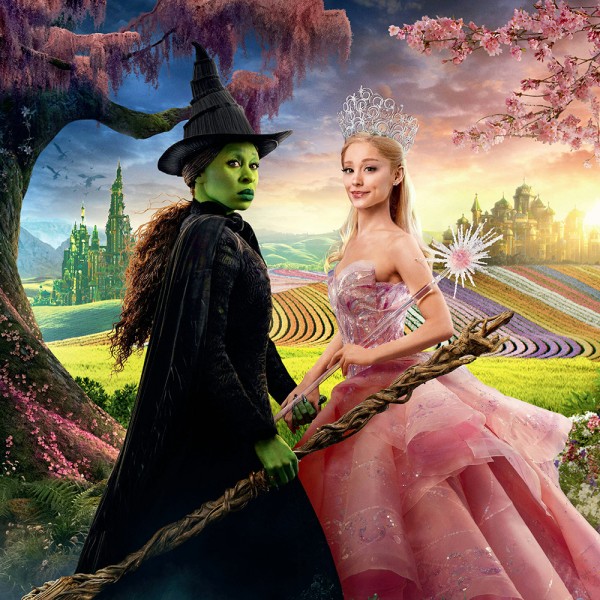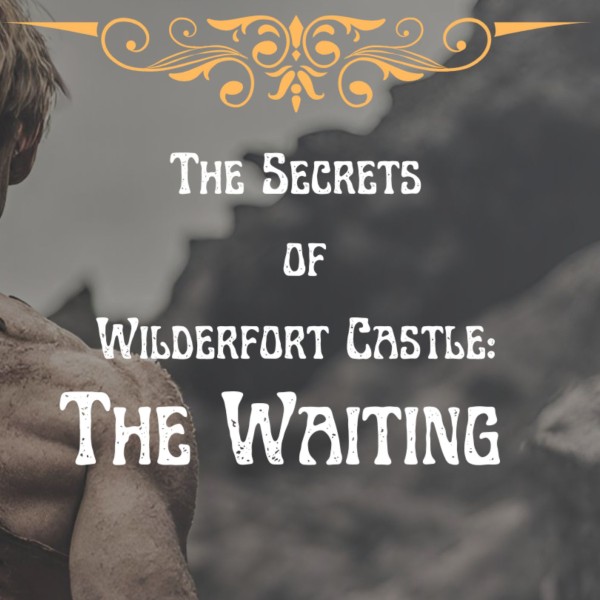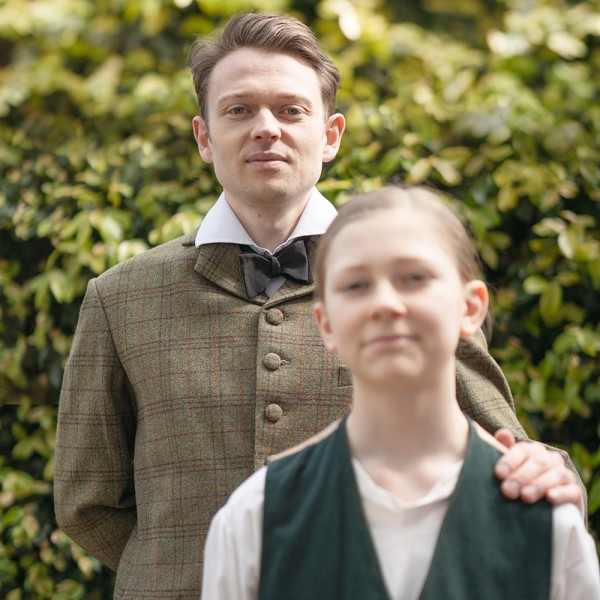
Private Lives
Written by: Noël Coward
Directed by: Janet Noble
Gryphon Theatre, 5th Feb 2024
Reviewed by: Stanford Reynolds
With Noël Coward’s works entering the public domain this year, Stagecraft’s production of Private Lives is the first in Wellington to bring new life to the playwright’s classic comedic style. Despite originally being performed in 1930, the play’s subversive portrayal of gender roles is ripe and juicy for a modern audience. Though he was closeted during his lifetime, Coward’s queerness adds a biting wit to his work.
After a messy divorce, two ex-lovers (played by Dan Harward Jones and Lydia Verschaffelt) have married new spouses (Laura Gardner and Tom Kereama) and are happily honeymooning when they discover that their hotel rooms are right next to each other. Passions reignite and they flee from their new marriages together – only to be reminded of the reasons why they got divorced.
Coward’s characteristically fast-paced, witty dialogue is realised confidently by every member of the cast, which is rounded out by Margot Allais as Louise. Dialogue is clear even with the speed of the banter, the cast’s accents are consistent, and there is skillful variety in the pacing of the lines. The effect is a delightful show that keeps the audience laughing. It is clear that the actors understand the humour in their lines, and their comedic timing and delivery make the most of the hilarious script.
Set design by Tanya Piejus is also fantastic, beginning with the cast pulled forward in front of a curtain for a believable hotel balcony. The set then opens up to a stylish box set for a Parisian apartment, complete with charming painted streets visible through the back windows. Both spaces are used well by the cast, whose movement feels natural and motivated. Costume design (Meredith Dooley) and hair styles and make up (workshopped by Aimée Sullivan) all add great believability and personality to the characters and the era of the play.
Janet Noble’s direction has made an exceptional interpretation of the script as a time capsule of a classic comedy filtered through a modern lens. Stagecraft’s Private Lives is a very enjoyable production with plenty of risqué humour that still has plenty to say about modern gender roles.



